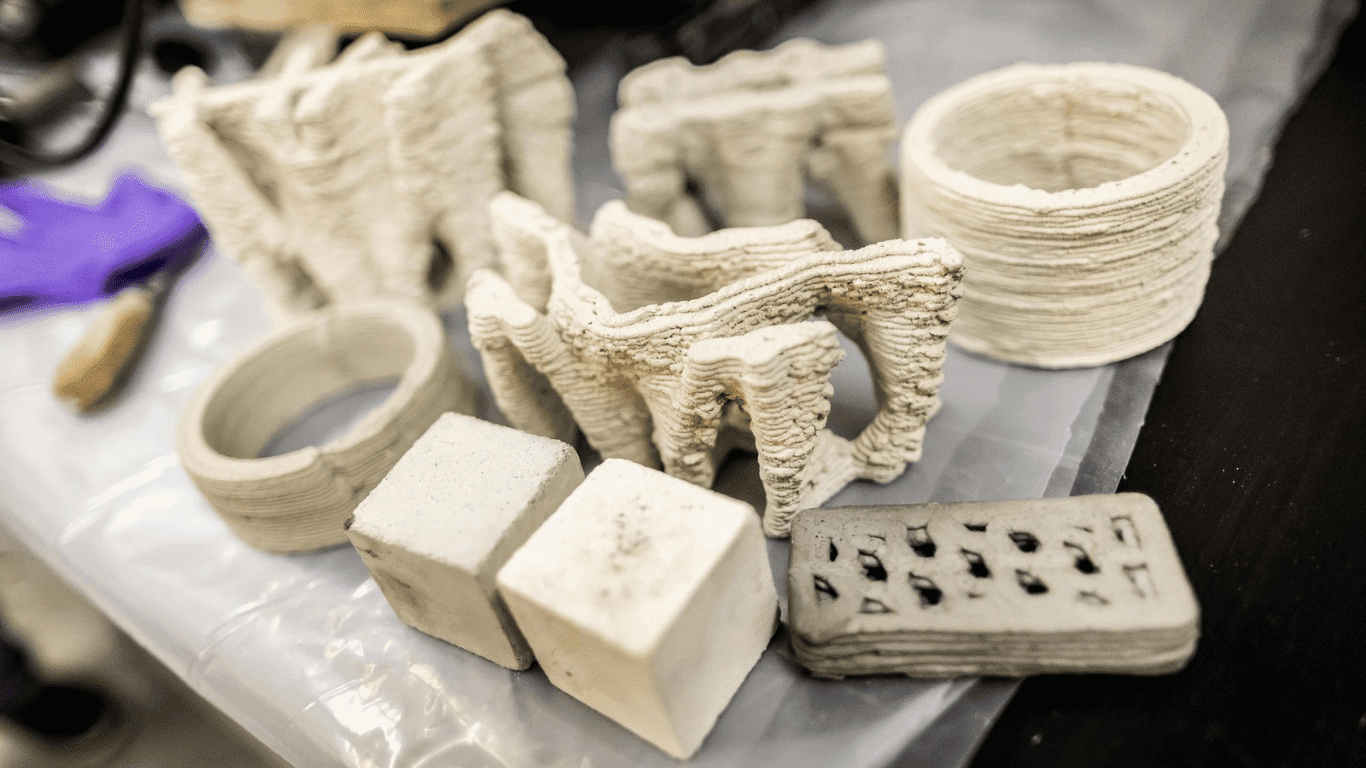Despite being widely reported last week, Bruce Willis did not sell the rights to his “digital twin” to a deepfake studio. After working with the company Deepcake to create a commercial in 2021, The Telegraph recently reported that Willis made history as “the first Hollywood star to sell his rights to allow a ‘digital twin’ of himself to be created for use on screen.” Though Willis has subsequently denied the reports, the story spotlights the company’s unique “digital twin” technology.
https://www.youtube.com/watch?v=Namgt54hkWQ
Deepcake is an AI-powered content creation platform that creates “digital twins” of celebrities using their likenesses. Deepfake technology allows for the use of a person’s likeness to be superimposed over another individual through the use of machine learning and AI. The company has a unique library of high-resolution celebrities, influencers, and historical figures. Deepcake offers its “digital twin” services for a portion of the fee necessary to hire a star such as Willis.
In 2021, Deepcake and Russian telecoms company MegaFon worked together to create an ad campaign starring Bruce Willis. Though he never stepped foot on set, Willis made a cameo in the commercial thanks to the partnership with Willis and the use of sophisticated deepfake technology.
“Our engineers processed a dataset composed of 34,000 images of Bruce Willis and made his ‘digital twin’ for the series of MegaFon ads,” a spokesperson for Deepcake said. “Bruce Willis, whose bilateral contractual agreements with MegaFon remain unknown to Deepcake, appreciated our service and described it as ‘a very new and interesting experience’ in the official MegaFon press release.”
“I liked the precision with which my character turned out,” Willis added at the time of the release. “[The advertisement is] a mini-movie in my usual action-comedy genre. For me, it is a great opportunity to go back in time. With the advent of modern technology, even when I was on another continent, I was able to communicate, work and participate in the filming. It’s a very new and interesting experience, and I thank our entire team.”
Despite recent reports, however, both Willis and Deepcake have come out stating Willis maintains the rights over his “digital twin”. However, Willis’s agent told the BBC, “Please know that Bruce has no partnership or agreement with this Deepcake company.”
“The wording about rights is wrong… Bruce couldn’t sell anyone any rights, they are his by default,” a representative for Deepcake stated.
The recent confusion surrounding the actor’s digital rights highlights how new and unknown this technology currently is to the public. Though it may lack clarity surrounding its rules, this technology could allow the movie industry the ability to continue actors’ roles posthumously, expertly de-age actors, bring back old Hollywood stars, and more. In Willis’s own case, for example, it could allow the actor to make appearances in films or commercials despite announcing his retirement from acting earlier this year due to his aphasia diagnosis.
It could also simply allow actors the ability to take on certain roles without the hassle of scheduling conflicts, travel expenses, insurance, time commitments, etc. This could eventually mean we live in a world where an actor is able to be paid for appearing on a talk show while their “digital twin” is simultaneously being monetized for appearing in a commercial across the country. Though Willis has reportedly not sold the rights to his “digital twin”, the implications of this technology in the acting world mean we will likely see the “digital twin” trend continue to expand and advance.
For more of the latest news, check out the 2022 Nobel Prize winners, how two Florida towns endured Hurricane Ian, the technology innovations of the 2022-23 NHL season, and the spray-on fabric technology featured in Paris Fashion Week.







